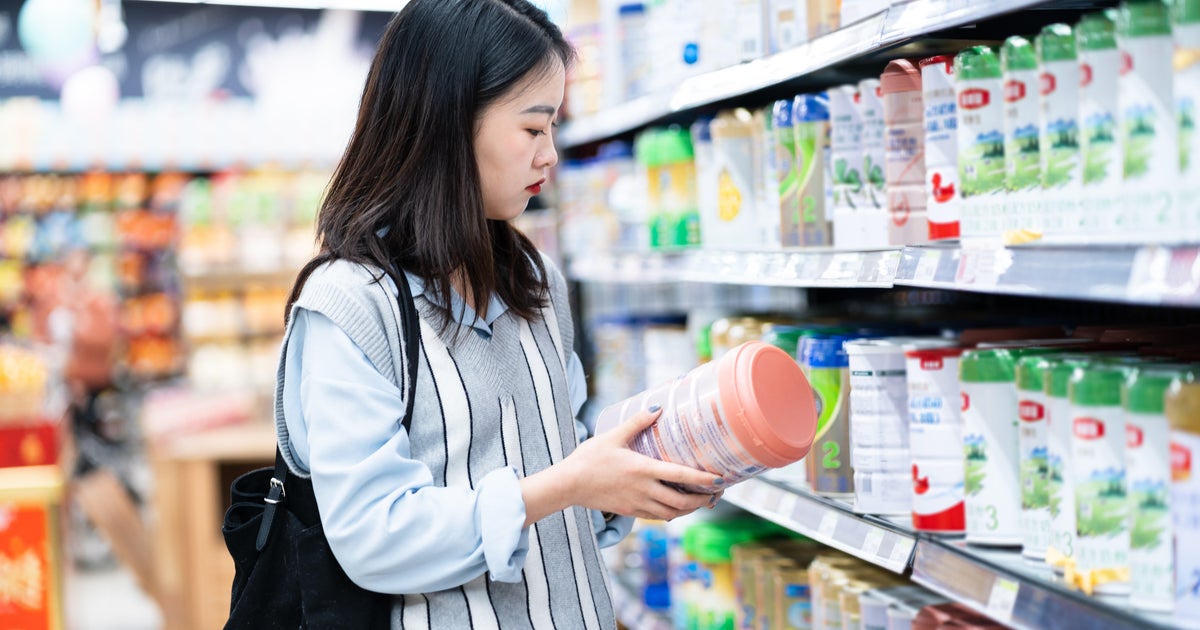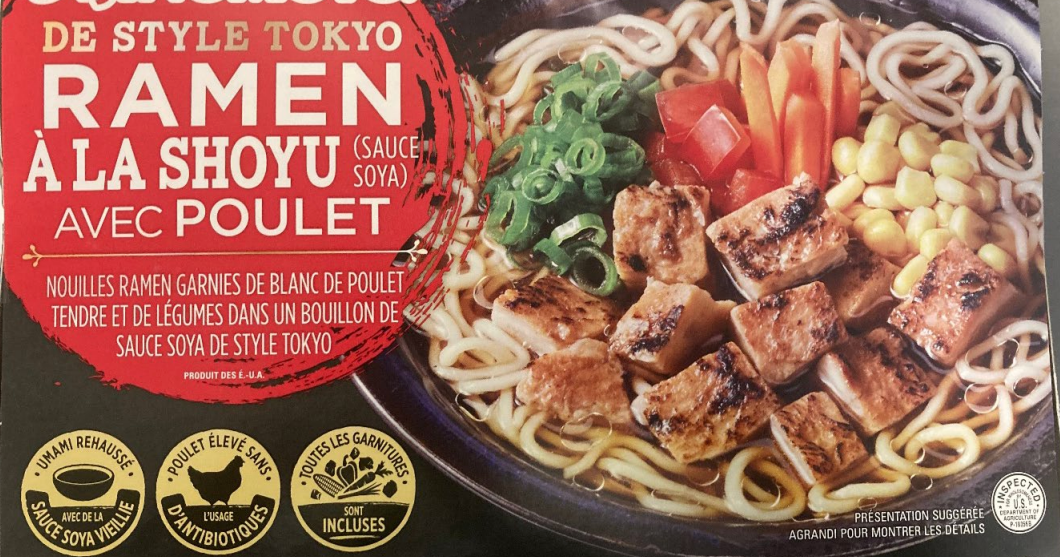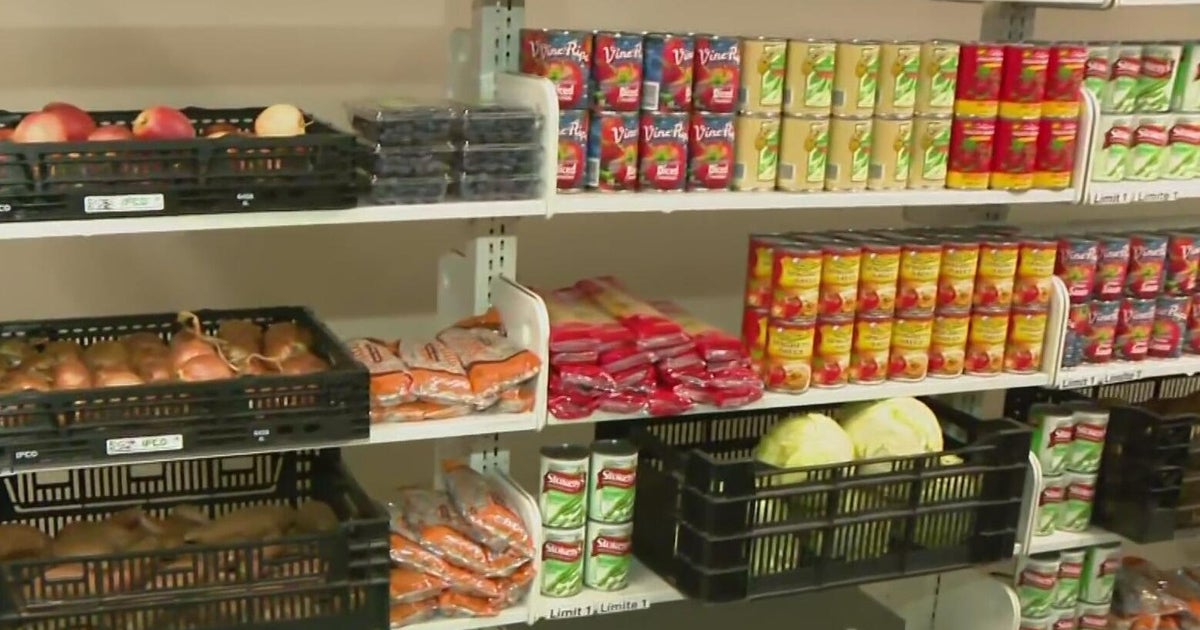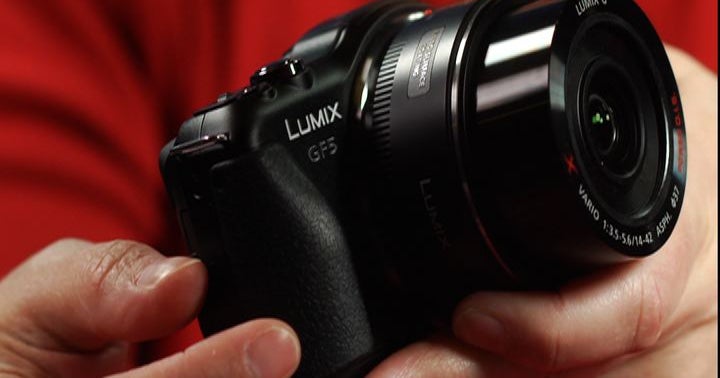Lunchables have concerning levels of lead and sodium, Consumer Reports finds
Lunchables — prepackaged boxes of deli meat, cheese and crackers — are not the healthiest option when it comes to picking snacks or lunches for kids, as they contain troublesome levels of lead and sodium, according to Consumer Reports.
The advocacy group tested Lunchables, made by Kraft Heinz, as well as similar lunch and snack kits from other manufacturers, finding cause for concern in the products popular for decades as a convenient snack or lunch for children.
"There's a lot to be concerned about in these kits," according to Amy Keating, a registered dietitian at CR. "They're highly processed, and regularly eating processed meat, a main ingredient in many of these products, has been linked to increased risk of some cancers."
None of the kits exceeded legal or regulatory limits, but five of 12 tested products would expose someone to 50% or more of California's maximum allowable amount of lead, or cadmium heavy metals that can cause developmental and other problems in kids, CR found.
A 3.2-ounce Turkey and Cheddar Cracker Stackers Lunchables held 74% of California's level allowed for lead, and 49% of the daily recommended sodium for 4- to 8-year-olds. Other products tested by CR were found to contain lesser amounts of both lead and sodium.
"The kits provide only about 15% of the 1,600 daily calories that a typical 8-year-old requires, but that small amount of food puts them fairly close to the daily maximum limit for lead," stated Eric Boring, a CR chemist who led the testing. "So if a child gets more than half of the daily limit for lead from so few calories, there's little room for potential exposure from other foods, drinking water or the environment."
"We don't think anybody should regularly eat these products, and they definitely shouldn't be considered a healthy school lunch," said Boring.
CR is calling on the U.S. Department of Agriculture to remove the Kraft Heinz products from the federal program that provides low-cost or free meals to kids on school days, with its petition topping 16,600 signatures.
"Last year, after changing some of the nutritional content, Lunchables were allowed into the national School Lunch Program, giving tens of millions of children access on a near daily basis," CBS News' Nancy Chen reported.
A spokesperson for Kraft Heinz defended the company's 35-year-old brand.
"All Lunchables products are safe to eat and meet strict safety standards set by government agencies. We don't add metals to our products – they are present in the soil and environment and as such, are found in many foods at low levels," a spokesperson stated in an email.
"We recently unveiled Lunchables with fresh fruit sold in the produce aisle, reduced the sodium in most Lunchables crackers by 26%, and reduced saturated fat by 13%. We're also proud that many Lunchables provide valuable nutrients like protein, fiber, calcium, and potassium," the spokesperson stated.







